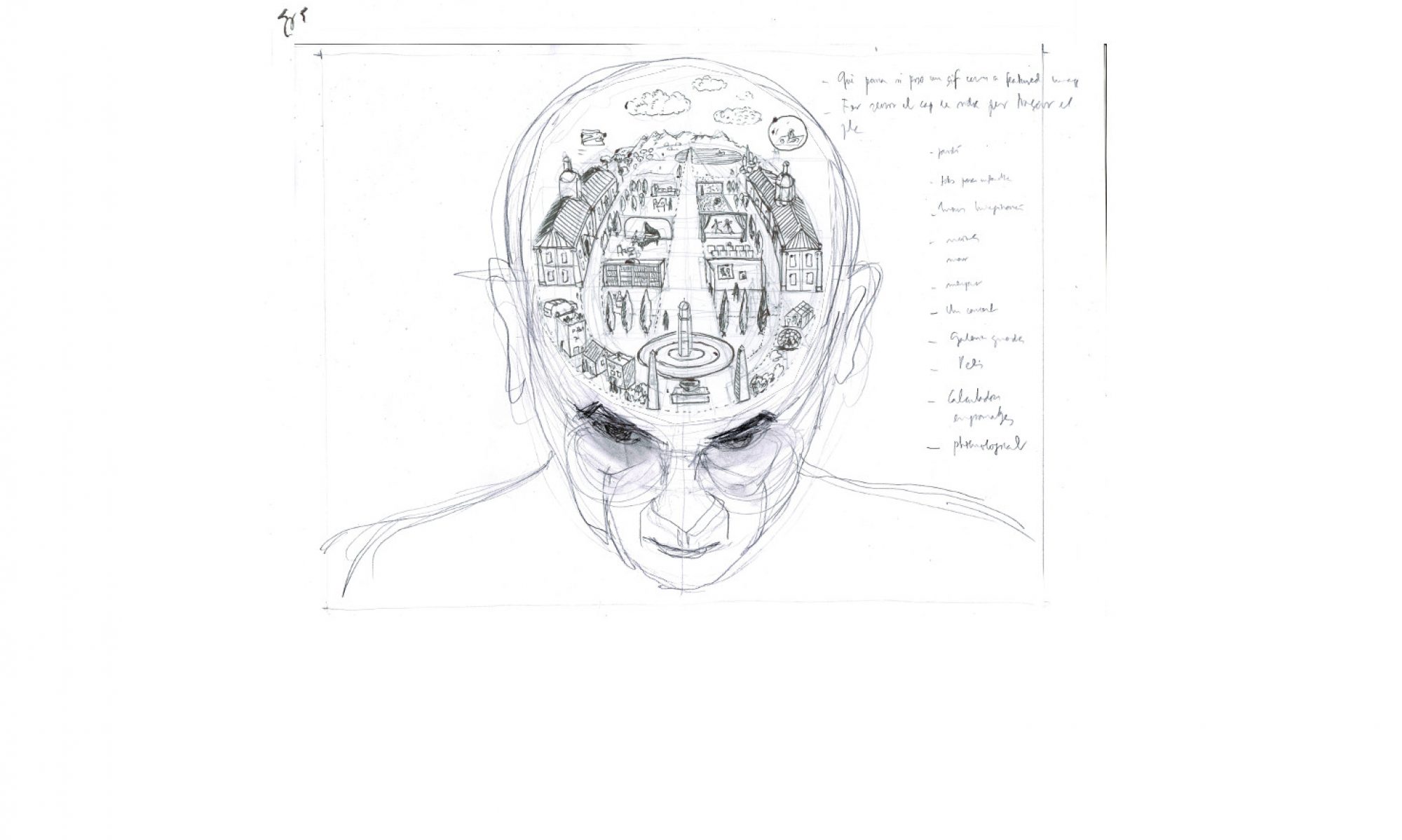General, wikipedia
Judaism (originally from Hebrew יהודה, Yehudah, “Judah“;[1][2] via Latin and Greek) is the ethnic religion of the Jewish people. It is an ancient, monotheistic, Abrahamic religion with the Torah as its foundational text.[3] It encompasses the religion, philosophy, and culture of the Jewish people.[4] Judaism is considered by religious Jews to be the expression of the covenant that God established with the Children of Israel.[5] Judaism encompasses a wide body of texts, practices, theological positions, and forms of organization. The Torah is part of the larger text known as the Tanakh or the Hebrew Bible, and supplemental oral tradition represented by later texts such as the Midrash and the Talmud. With between 14.5 and 17.4 million adherents worldwide,[6] Judaism is the tenth largest religion in the world.
Today, the largest Jewish religious movements are Orthodox Judaism (Haredi Judaism and Modern Orthodox Judaism), Conservative Judaism, and Reform Judaism. Major sources of difference between these groups are their approaches to Jewish law, the authority of the Rabbinic tradition, and the significance of the State of Israel. Orthodox Judaism maintains that the Torah and Jewish law are divine in origin, eternal and unalterable, and that they should be strictly followed. Conservative and Reform Judaism are more liberal, with Conservative Judaism generally promoting a more traditionalist interpretation of Judaism’s requirements than Reform Judaism. A typical Reform position is that Jewish law should be viewed as a set of general guidelines rather than as a set of restrictions and obligations whose observance is required of all Jews
Característiques
Un Déu que intervé en la Història i fa un pacte amb el poble d’Israel, esperant reciprocitat. [com en el cristianisme, sembla una religió no tant de guia per estar millor com el budisme, sinó un contracte a complir. ] Unlike other ancient Near Eastern gods, the Hebrew God is portrayed as unitary and solitary; consequently, the Hebrew God’s principal relationships are not with other gods, but with the world, and more specifically, with the people he created. Judaism thus begins with ethical monotheism: the belief that God is one and is concerned with the actions of mankind.
[A banda del “contracte” amb el poble hi hauria la manera de viure de cada dia] Thus, although there is an esoteric tradition in Judaism (Kabbalah), Rabbinic scholar Max Kadushin has characterized normative Judaism as “normal mysticism”, because it involves everyday personal experiences of God through ways or modes that are common to all Jews. [Sembla més una religió de costums que no de creences teològiues] Whereas Jewish philosophers often debate whether God is immanent or transcendent, and whether people have free will or their lives are determined, Halakha is a system through which any Jew acts to bring God into the world. For some, observance of Jewish law is more important than belief in God per se.
[No hi ha una autoritat central que defineixi quines són les creences bàsiques. Per exemple, no sembla que sigui fonamental la creença en la immortalitat de l’ànima. Per tant sembla més una manera de viure que no una visió tancada sobre l’univers] Els principis de la fe jueva. [Però d’altra banda parteixen d’un text o conjunt de textos als quals tornen repetidament cercant diferents interpretacions], la Torah (Pentateuc) dins de la Tanakh (aprox antic testament) més la “Torah oral” de la Mishna i el Talmud.
Identitat i moviments
“Jueu” ve de Yehuda i de Judà. La identitat és complexa ja que no es correspon exactament ni a la ètnia ni a un conjunt de creences.
According to Rabbinic Judaism, a Jew is anyone who was either born of a Jewish mother or who converted to Judaism in accordance with Jewish Law. All mainstream forms of Judaism today are open to sincere converts, although conversion has traditionally been discouraged since the time of the Talmud. The conversion process is evaluated by an authority, and the convert is examined on his or her sincerity and knowledge. [A diferència dels que volen convertir i sotmetre tothom]. Rabbinical Judaism maintains that a Jew, whether by birth or conversion, is a Jew forever. Thus a Jew who claims to be an atheist or converts to another religion is still considered by traditional Judaism to be Jewish.
Judaisme rabínic
Rabbinic Judaism (or in some Christian traditions, Rabbinism) (Hebrew: “Yahadut Rabanit” – יהדות רבנית) has been the mainstream form of Judaism since the 6th century CE, after the codification of the Talmud. It is characterised by the belief that the Written Torah (Written Law) cannot be correctly interpreted without reference to the Oral Torah and the voluminous literature specifying what behavior is sanctioned by the Law.
Amb la il·lustració, els Ashkenazi (sobretot als països anglòfons) es van dividir en:
- Orthodox: Orthodox Judaism holds that both the Written and Oral Torah were divinely revealed to Moses and that the laws within it are binding and unchanging. Orthodox Jews generally consider commentaries on the Shulchan Aruch (a condensed codification of halakha that largely favored Sephardic traditions) to be the definitive codification of Jewish law. Orthodoxy places a high importance on Maimonides’ 13 principles as a definition of Jewish faith. Els Haredi segueixen un estricte codi de vestir. Els Hassidic donen importància a la Kabbalah.
- Conservative: els textos estarien subjectes a interpretació pels Rabbis
- Reform. called Liberal or Progressive Judaism in many countries, defines Judaism in relatively universalist terms, rejects most of the ritual and ceremonial laws of the Torah while observing moral laws, and emphasizes the ethical call of the Prophets. tendeixen més aviat al COnservative.
Els sefardís
Pregàries, vestimenta, celebracions, kosher, el cicle de la vida
Materials
asd
